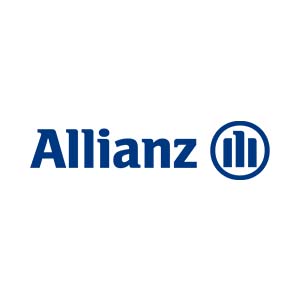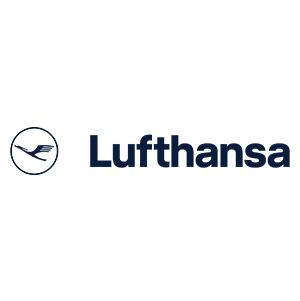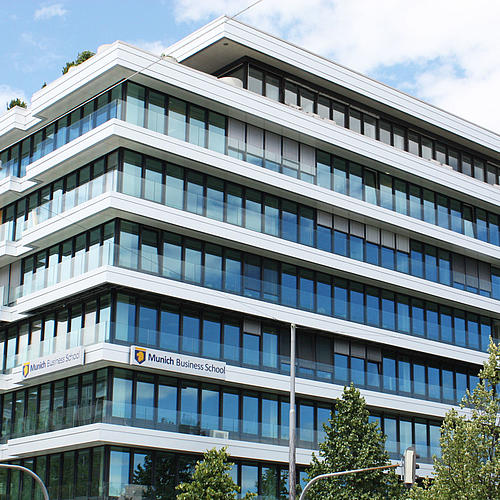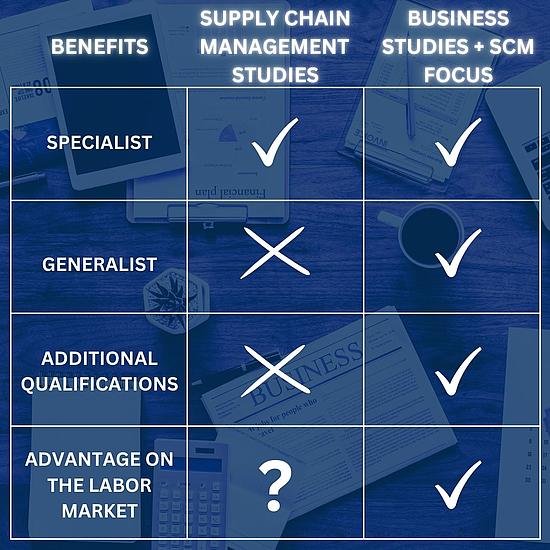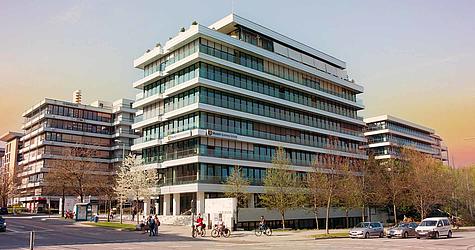MBS offers application rounds on a monthly basis. You pick one round for your application.
Here are our deadlines and admission rounds for starting your studies in February or September:
January round: Application deadline January 15 with online interview in January/February
February round: Application deadline February 15 with online interview in February/March – Early Bird Deadline
March round: Application deadline March 15 with online interview in March/April
April round: Application deadline April 15 with online interview in April/May
May round: Application deadline May 15 with online interview in May/June
June round: Application deadline June 15 with online interview in June/July
July round: Application deadline July 15 with online interview in July/August
August round: Application deadline August 15 with online interview in August/September
September round: Application deadline September 15 with online interview in September/October
October round: Application deadline October 15 with online interview in October/November – Early Bird Deadline
November round: Application deadline November 15 with online interview in November/December
December round: Application deadline December 15 with online interview in December/January
The personal interview (approx. 45 minutes) consists of three parts:
- Your study motivation
- Short presentation and discussion
- Your personal questions




